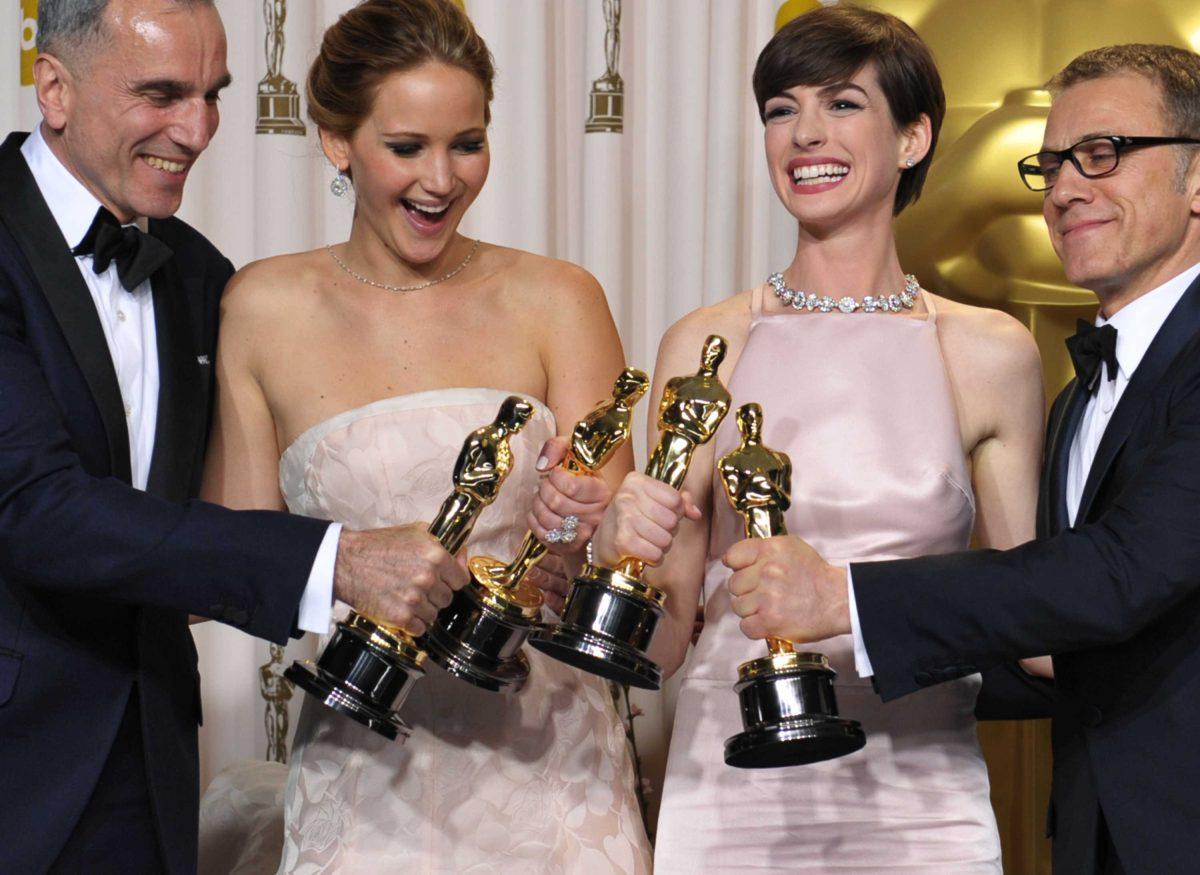The Oscars are predictable.
This isn’t news to anyone. Anybody who knows two things about the film industry could have looked at “The King’s Speech” back during the heated 2011 Oscars race and called its win for Best Picture.
A British political period drama with lush costuming set amid World War II, starring Colin Firth with a speech impediment and produced by the Weinstein Company? Tom Hooper was probably clearing off shelf space before he finished shooting.
The Oscars are usually predictable because they’ve been voted on by the same people since the first ceremony back in 1929. OK, not literally the same people, but according to a 2012 survey by The Los Angeles Times, Oscar voters are 94 percent Caucasian and 77 percent male with a mean age of 62. So, basically the same people.
Perhaps back during the genesis of the film industry, when movies were made for crusty old white men by crusty old white men, the Academy stood as a legitimate authority on cinema.
But it’s not 1920 anymore, and the kinds of products being put out by creators have changed. There’s more diversity, more depth, greater scope.
And yet, in the category of best actor in a leading role, only three people of color have won since 1980. Meanwhile, this year’s Suraj Sharma — star of “Life of Pi,” not that anybody would know based on the recognition he’s gotten — went without even a nomination despite carrying one of the nominees for best picture with two hours of acting essentially by himself. You know who did get a nomination for doing the same thing back in 2011? James Franco in “127 Hours,” and he also got to co-host the ceremony that year. Hm.
It’s not all the Academy’s fault. Sometimes a film or a studio simply does not have the funds or connections to promote a film enough to snag nominations. But if the Academy truly wanted to honor the overall best every year, they’d go looking for it instead of making it come to them. Ultimately, the Academy is out of touch.
Often the Academy will throw people a bone with something like “Milk” in a desperate attempt to prove that they have progressive tastes and can recognize films about more “alternative” subject matter. Even then, though, “Milk” ultimately served as a vehicle for Sean Penn, an older white guy who has long charmed the high-waisted pants off Oscar voters.
Not that he’s not a strong actor, or that “Milk” wasn’t a solid movie — but don’t be fooled. Rarely will a movie win awards without the voters seeing some reflection of themselves in it.
The Academy Awards, like every other part of show business, are just that: business. They’re just as much about politics and strategy as they are about talent, and that shouldn’t come as a surprise to anyone. I’m not saying the Oscars aren’t useful as a benchmark for some of the best filmmaking of each year or that they don’t honor worthy pieces and performances. But they’re not the end-all, be-all of film.
Maybe in some magical future where everybody stands a chance at fair representation and voting for the Oscars strictly comes down to the merit of the performances, the Academy Awards could honestly reward the best of the best. But until then, let’s keep things in perspective and enjoy the Oscars for what they are: a night for every big name in Hollywood to get dressed up and drunk together at the same time.
Kaci Yoder is a 22-year-old mass communication senior from Baton Rouge.




